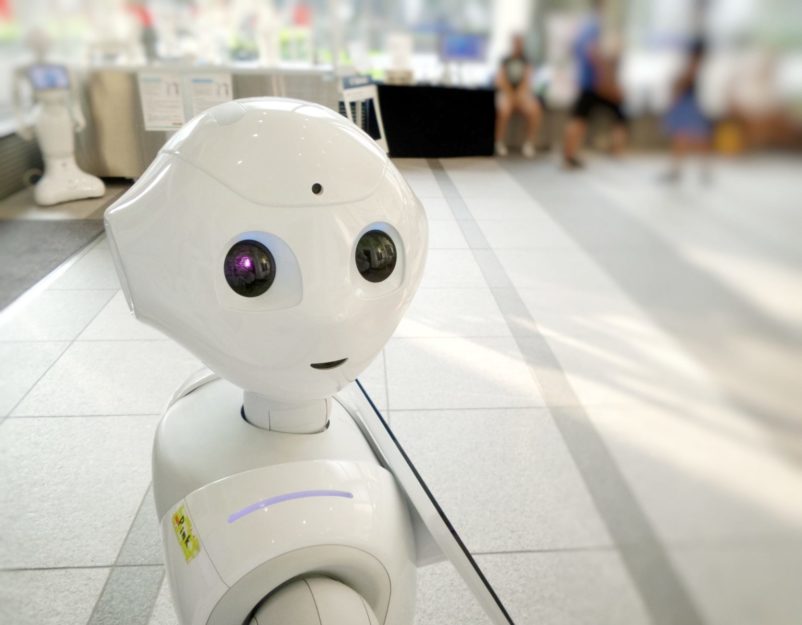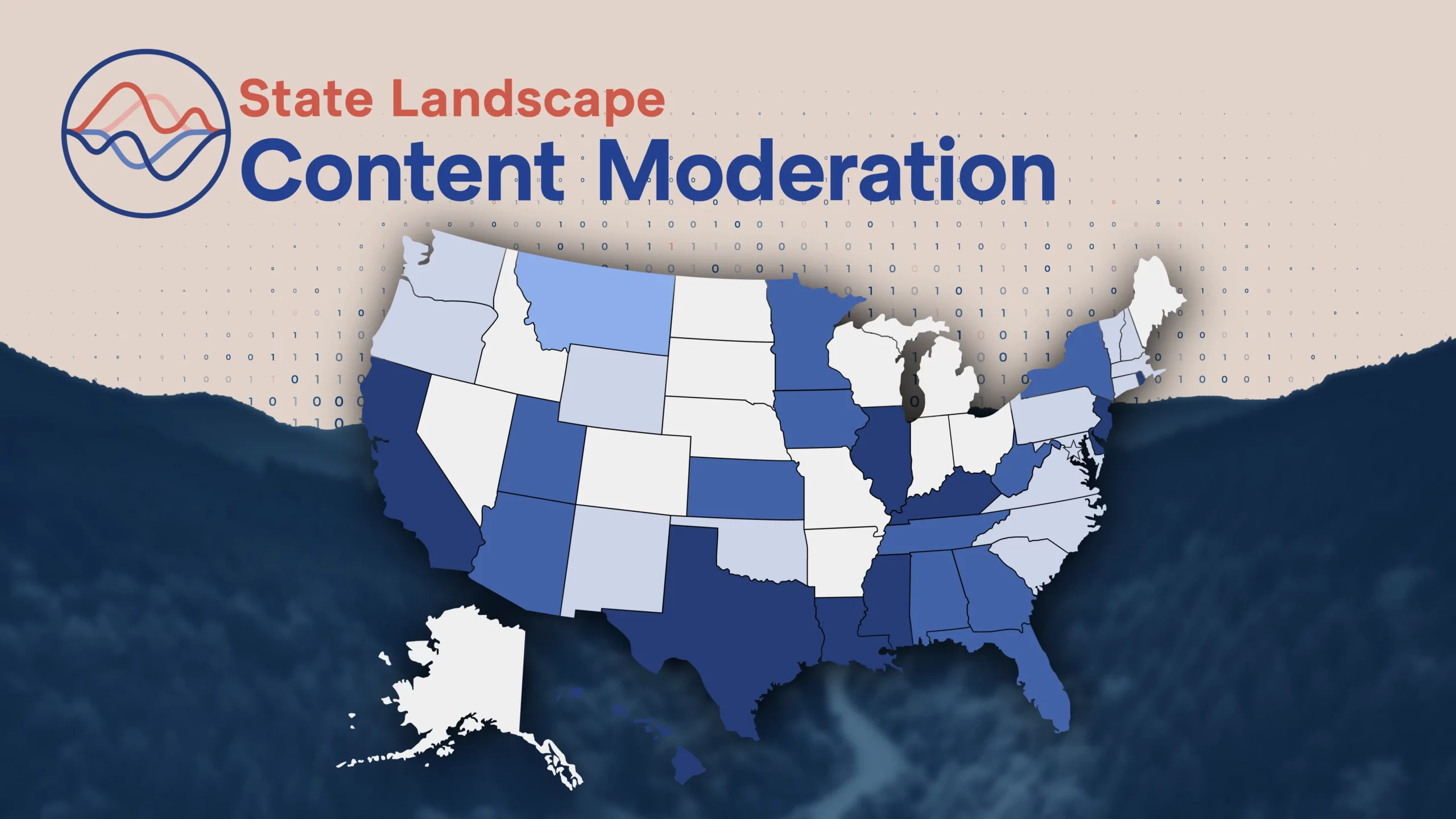OECD Launches AI Policy Observatory

Today, the Organization for Economic Cooperation & Development (OECD) launched the “AI Policy Observatory”, an online portal serving as a resource for anyone working in AI governance. Per the OECD, the project “aims to help countries encourage, nurture and monitor the responsible development of trustworthy artificial intelligence (AI) systems for the benefit of society.”
This follows the OECD Principles on AI (DisCo post here) released last May and endorsed by the G20 in June. The principles aim to promote the use of innovative and trustworthy AI, and were created by an expert group comprised of government representatives, and leaders from the business, labour, civil society, academic and science communities.
The OECD AI Observatory
The Observatory website will do the following (1) provide practical guidance for the implementation of the OECD AI Principles; (2) track policy areas where AI is driving changes (such as those in the workforce, transportation, and healthcare); (3) host trends and data in AI using OECD and partner metrics; and (4) detail national AI policies and related global initiatives from a variety of stakeholders including business, academia, and civil society.
For example, the portal includes a world map generating live data from partners on AI developments, allowing stakeholders from around the world to benefit from the resources provided by the Observatory.
According the OECD, the Observatory is centered on the following key attributes:
Multidisciplinary: “The Observatory works with policy communities across and beyond the OECD – from the digital economy and science and technology policy, to employment, health, consumer protection, education and transport policy – to consider the opportunities and challenges posed by current and future AI developments in a coherent, holistic manner.”
Evidence-Based Analysis: “The Observatory provides a centre for the collection and sharing of evidence on AI, leveraging the OECD’s reputation for measurement methodologies and evidence-based analysis.”
Global Multi-Stakeholder partnerships: “The Observatory engages governments and a wide spectrum of stakeholders – including partners from the technical community, the private sector, academia, civil society and other international organisations – and provides a hub for dialogue and collaboration.”
The AI Observatory is similar to previously-launched websites by the OECD under the Going Digital Project that serve as an education tool and resource for a variety of cutting edge technology policy issues.
Fostering Coordination in Key AI Policy Discussions
Global cooperation in work on emerging technologies such as AI is critical. As with any nascent industry, many rush to attain a leadership position. This includes regulators who seek to set the rules of the road for AI governance. Uncoordinated actions can risk undermining and limiting development of these technologies by creating conflicting or duplicative standards, protectionist certification schemes, and other market access barriers.
As industry continues to innovate in AI, and policymakers seek to craft a regulatory environment that promotes and retains trust in these technologies, a multistakeholder approach to discussing key issues is essential. Further, any AI policy should be guided by strong evidence-based analysis. This includes a clear understanding of how AI technologies may be relevant to and interact with other policy fields, such as healthcare. Consistent metrics on measuring AI adoption and development will also be important.
Forums like the OECD and G20 can help. According to an interview with Politico, Deputy U.S. Chief Technology Officer Lynne Parker said that the OECD “provides the best international standards to define global guidelines for the development and use of AI”. She called the OECD “a group of like-minded democratic nations, who share our values . . . and recognize the importance of innovation for advancing the public good when it comes to AI.”
With the vast amount of data points hosted by the Observatory, stakeholders are well-served by the OECD’s efforts.








